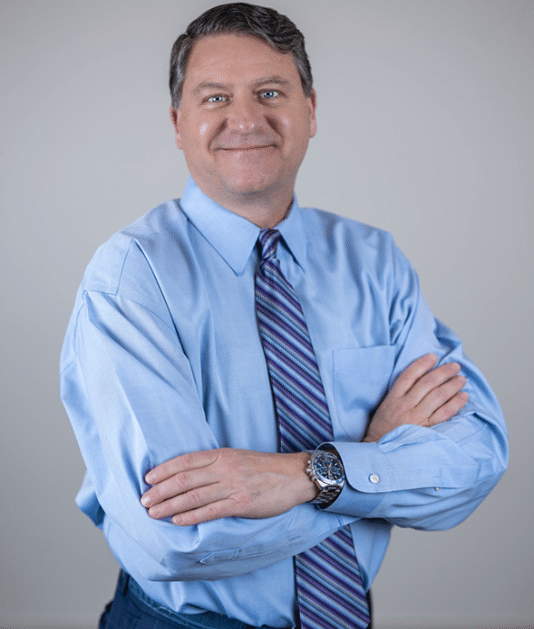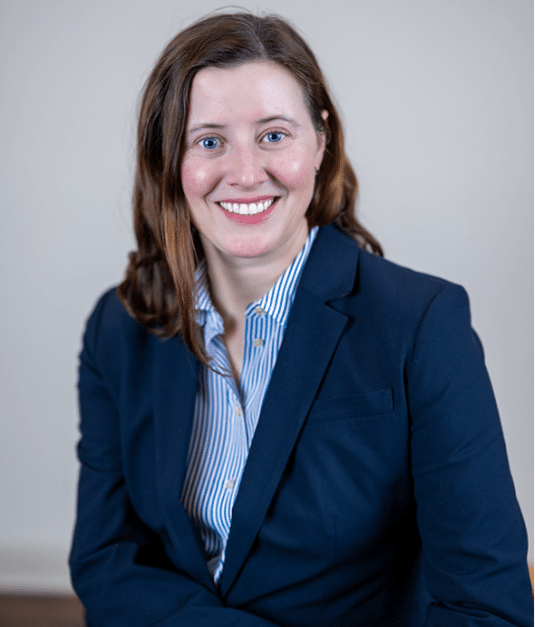To prepare for a colonoscopy, you will need to talk with Dr. Ondrula, change your diet for a few days, clean out your bowel, and arrange for a ride home after the procedure.
You should talk with Dr. Ondrula about any health problems you have and all prescribed and over-the-counter medicines, vitamins, and supplements you take, including:
- arthritis medicines
- aspirin or medicines that contain aspirin
- blood thinners
- diabetes medicines
- nonsteroidal anti-inflammatory drugs such as ibuprofen or naproxen
- vitamins that contain iron or iron supplements
Changing Your Diet and Cleaning Out Your Bowel
The staff at Advanced Surgical Care, will give you written bowel prep instructions to follow at home before the procedure so that little or no stool remains in your intestine. A complete bowel prep lets you pass stool that is clear and liquid. Stool inside your intestine can prevent your doctor from clearly seeing the lining.
You may need to follow a clear liquid diet for 1 to 3 days before the procedure. You should avoid red and purple-colored drinks or gelatin. The instructions will include details about when to start and stop the clear liquid diet. In most cases, you may drink or eat the following:
- fat-free bouillon or broth
- gelatin in flavors such as lemon, lime, or orange
- plain coffee or tea, without cream or milk
- sports drinks in flavors such as lemon, lime, or orange
- strained fruit juice, such as apple or white grape—avoid orange juice
- water
Different bowel preps may contain different combinations of laxatives—pills that you swallow or powders that you dissolve in water or clear liquids. Some people will need to drink a large amount, often a gallon, of liquid laxative over a scheduled amount of time—most often the night before and the morning of the procedure.
The bowel prep will cause diarrhea, so you should stay close to a bathroom. You may find this part of the bowel prep hard; however, finishing the prep is very important. Call a health care professional if you have side effects that keep you from finishing the prep.
Dr. Ondrula will tell you how long before the procedure you should have nothing by mouth.
Arrange for a ride home
For safety reasons, you can’t drive for 24 hours after the procedure, as the sedatives or anesthesia need time to wear off. You will need to make plans for getting a ride home after the procedure.
Source in Part: NIDDK
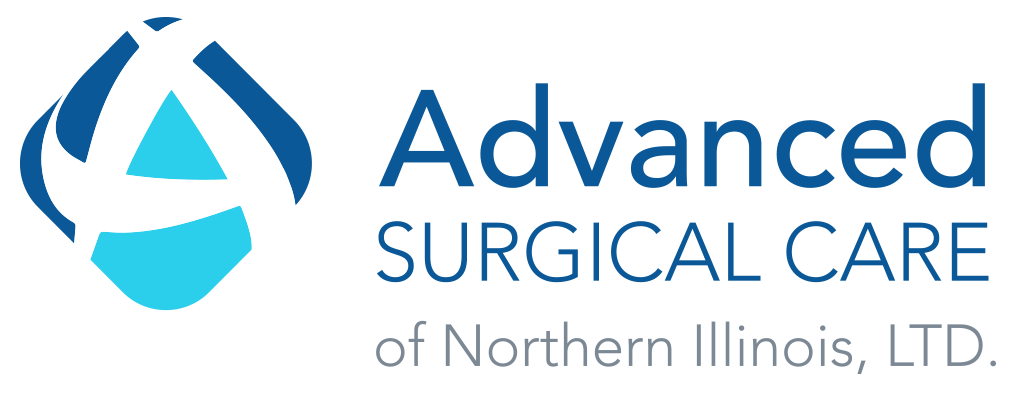

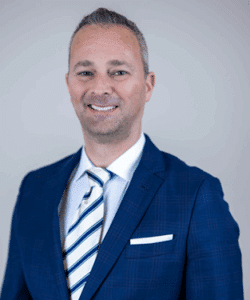
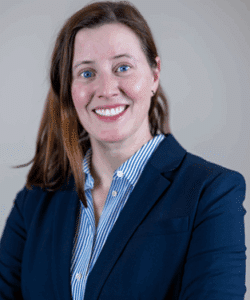
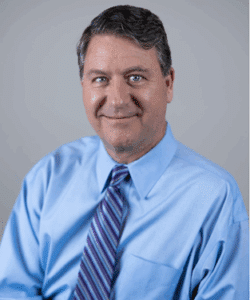
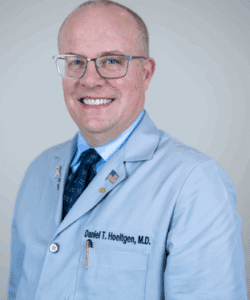
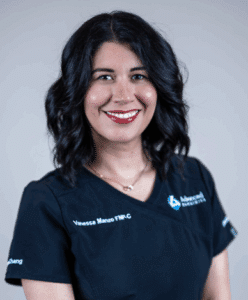
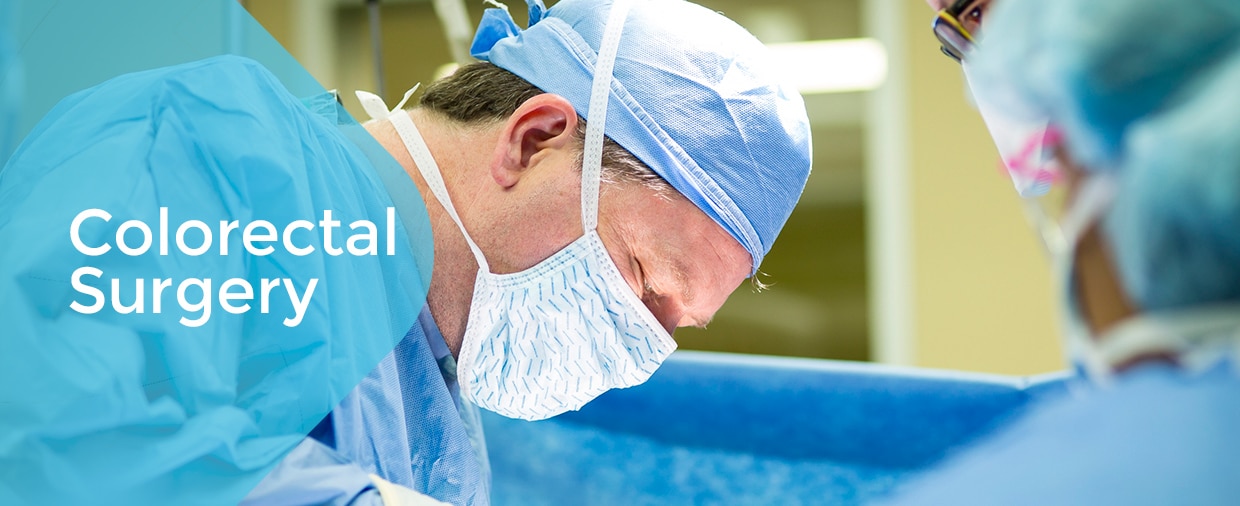
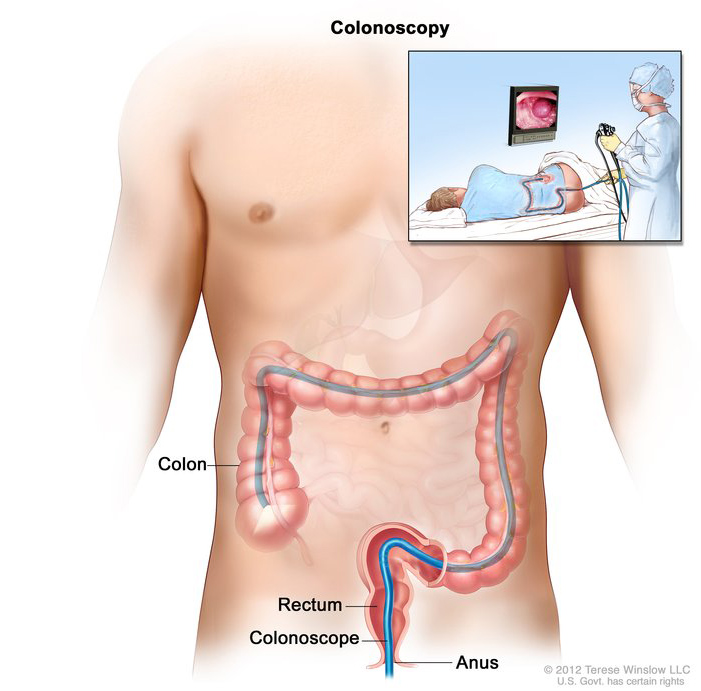 Dr. Ondrula performs a colonoscopy in a hospital or an outpatient center. A colonoscopy usually takes 30 to 60 minutes.
Dr. Ondrula performs a colonoscopy in a hospital or an outpatient center. A colonoscopy usually takes 30 to 60 minutes.